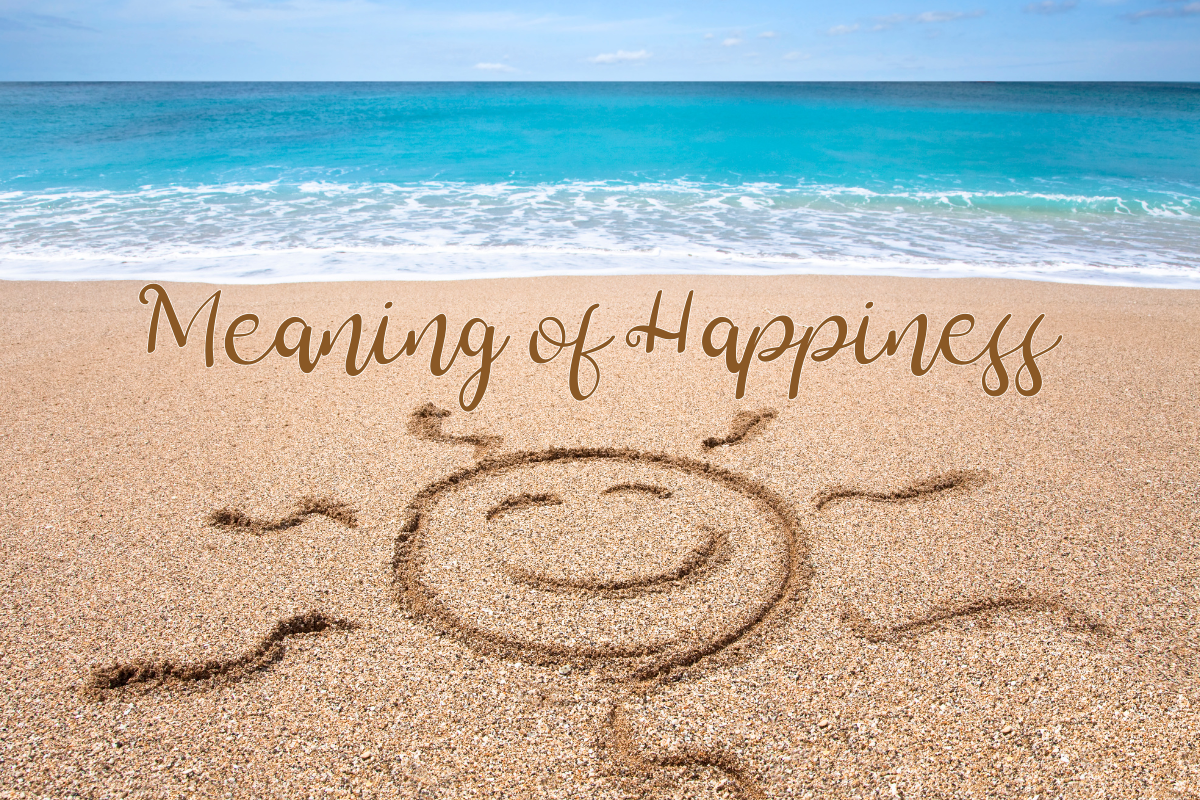Saint Augustine poses the question: “Is not the happy life the thing that all desire, and is there anyone who does not desire it at all?” We are all created with a universal longing for happiness. But what exactly does it mean to be happy?
The word “happy” comes from the Old Norse hap, which commonly translates to “chance,” “luck,” “fortune,” or “fate.” From that perspective, happiness seems to be circumstantial. We are happy when things happen to go our way. While feeling happy results from a fleeting positive emotion, being happy is achieved through a persistent state of well-being.
Modern psychology contends that our well-being is subjectively determined by balancing our hedonic happiness (or pleasure) with our eudaimonic happiness (or fulfillment). The enduring happiness we seek is not typically achieved by the things that produce immediate gratification. For example, enjoying delicious meal now might cause heartburn later, and savoring a bottle of fine wine might lead to a hangover. Conversely, the pursuit of virtuous activities may seem quite tedious and difficult as we toil, but the long-term satisfaction it brings might make it worthwhile.
In this way, happiness in itself becomes the end goal. We often defer our happiness until some condition is met: I’ll be happy after I fall in love; I’ll be happy when I win the lottery; I’ll be happy during my retirement. When we probe our motivation for doing things, the final state is usually to become happy. A student might express interest in studying diligently, to obtain a great job, to afford a comfortable lifestyle for their family, to eventually live a happy life together. We spend our lives chasing after this elusive concept of happiness without actually understanding what that happiness is. And when our expectations are not met, we simply move the goalposts.
Doctors of the Church explain that as long as we continue to desire and seek lesser goods, we can never be truly happy. Noting that God alone is the infinite and ultimate good, Saint Augustine famously says: “You have made us for yourself, O Lord, and our hearts are restless until they rest in You.” Saint Thomas Aquinas elaborates that our perfect happiness can only be achieved in the afterlife when we experience the beatific vision. Our human condition limits our ability to fully do so in this lifetime.
As consolation, however, Saint Thomas Aquinas describes a type of imperfect happiness we can enjoy here on earth. This incomplete happiness is derived from finite matters, such as intellectual activities, contemplation of the truth, righteous living, virtuous deeds, charitable relationships, moderate use of material items, and cooperation with God’s grace. Although these goods are insufficient to fulfill all the desires of the human soul, they offer a level of contentment that prepares us to attain happiness through our perfect union with God in heaven.
The Catechism of the Catholic Church confirms that our natural desire for happiness “is of divine origin: God has placed it in the human heart in order to draw man to the One who alone can fulfill it” (CCC 1718). By setting eternal happiness as our end point, we can make the choices here on earth that ease the longing we feel in our hearts and souls.
The Catechism teaches us that “The beatitude we are promised confronts us with decisive moral choices. It invites us to purify our hearts of bad instincts and to seek the love of God above all else. It teaches us that true happiness is not found in riches or well-being, in human fame or power, or in any human achievement–however beneficial it may be–such as science, technology, and art, or indeed in any creature, but in God alone, the source of every good and of all love” (CCC 1723).
Happiness is our final destination; it is also the inspiration for our journey and the joy experienced along the way. Happiness is everything, and that everything is our loving union with God. We cannot be satisfied by creations, but only by our Creator. Our happiness is complete when we live the life for which God has made us.
Join us each week this month as we explore the different types of happiness. And be sure to comment on what happiness means to you.



